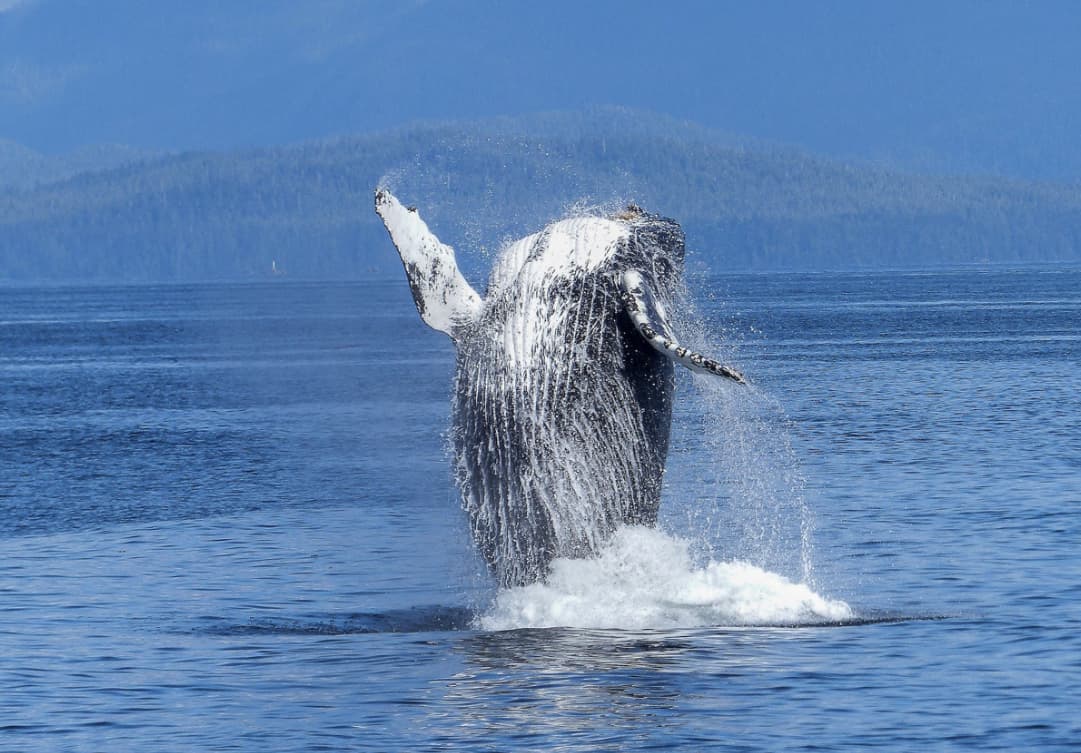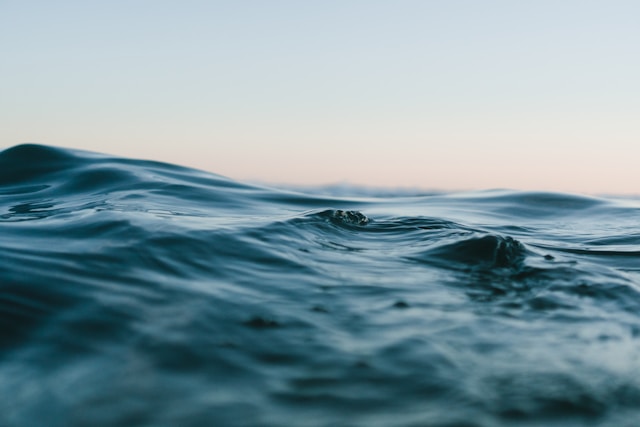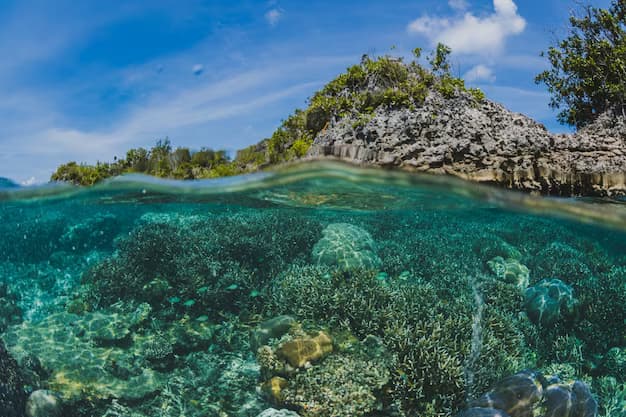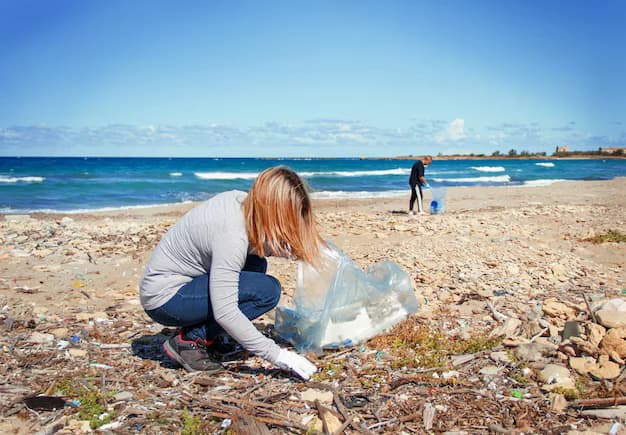In the not-so-distant past, the concept that human activity could lead to the extinction of a species as grand and vital as whales was beyond the comprehension of both scientists and the general public. The notion that such massive beings could vanish from our planet seemed preposterous. However, it has become painfully clear that the natural world does not possess an inherent mechanism to maintain equilibrium; human actions indeed have significant impacts. Thankfully, global shifts in behaviors such as hunting, pollution, drilling, and military activities have begun to turn the tide, offering whales a fighting chance to thrive and reproduce in their natural habitats.
Why are Whales Endangered?
Climate, Hunting, and Pollution
The threat of extinction looms over not just one particular species of whale but spans across various species including blue, grey, bowhead, beluga, and sperm whales. The list of dangers these majestic creatures face is long, with climate change induced by human activities and commercial whaling leading the charge.
Hunting
Despite international bans on commercial whaling and the global outcry against the trade of whale products, the practice persists with over a thousand whales falling prey each year. Iceland, Norway, and Japan stand out for their notorious hunting activities. Japan, in particular, has been criticized for its so-called “scientific” hunting, which many see as a facade for commercial hunting. The International Whaling Commission (IWC) finds its hands tied, unable to exert influence over Japan’s activities within its own territorial waters. In a controversial move in July 2019, Japan announced its return to commercial whaling, a decision met with widespread condemnation from the international community.
Around the same time, studies revealed that Norway had surpassed Japan and Iceland in the number of whales it hunted, blatantly disregarding the international moratorium and even increasing its quota.
Climate Change
The adverse effects of global warming extend far into the marine ecosystem, affecting whale habitats significantly. The melting of polar ice caps alters ocean currents, plant life, and animal migration patterns, compelling whales to undertake longer journeys in search of food for themselves and their offspring.
Other Threats
Beyond hunting and climate change, other human activities pose serious risks to whales. Pollution from runoff, waste dumping, oil and gas exploration, and noise from various maritime vessels contribute to the perilous conditions whales face in the ocean.
Why Do Whales Matter?
Whales play an indispensable role in marine ecosystems. As apex predators, they help maintain the balance of marine life. Beyond their majestic beauty, whales contribute significantly to carbon sequestration, removing an average of 33 tons of carbon dioxide from the atmosphere annually.
Unfortunately, in some circles, whales are valued only for the resources they provide, such as meat and products used in traditional medicine.
Marine Conservation Groups
In response to these threats, numerous conservation organizations have emerged to defend whales against hunters and the broader issues of climate change. The Sea Shepherd Conservation Society, known for its appearance on the television show “Whale Wars,” employs a direct-action approach to protect marine wildlife and habitats. Meanwhile, Save the Whales focuses on educating the younger generation about the importance of preserving marine ecosystems, adopting a more informational strategy to conservation.
These groups, among others, stand at the forefront of the battle to save whales, striving to secure a future where these magnificent creatures can survive and flourish.
Frequently Asked Questions (FAQ):
What is causing whales to become endangered?
Whales face a myriad of threats, primarily from human activities. The leading causes include climate change, commercial whaling, pollution (including plastic and chemical runoff), and habitat loss due to shipping traffic and oil and gas exploration. These factors disrupt their migration patterns, reduce their food sources, and directly harm whale populations through hunting and entanglement in fishing gear.
How can individuals help protect whales?
Individuals can contribute to whale conservation in several ways:
- – Support and donate to organizations focused on marine conservation and the protection of whales;
- – Reduce personal carbon footprints to combat climate change, which affects whale habitats;
- – Avoid products that contribute to ocean pollution, such as single-use plastics;
- – Educate others about the importance of whales to marine ecosystems and the threats they face;
- – Participate in beach clean-ups and other local conservation efforts;
- – Advocate for policies and regulations that protect marine life and habitats.
Are there any success stories in whale conservation?
Yes, there have been notable success stories in whale conservation. The humpback whale, once nearing extinction, has seen significant population recovery since the 1970s, thanks to international protection efforts and the banning of commercial whaling in many parts of the world. The global ban on commercial whaling, enforced by the International Whaling Commission (IWC), has also been instrumental in protecting other whale species from extinction.
What is the role of the International Whaling Commission (IWC)?
The International Whaling Commission (IWC) is a global body established to oversee the conservation of whales and manage whaling practices. It aims to ensure the sustainable conservation of whale populations by setting regulations and bans on commercial whaling, promoting non-lethal research, and encouraging the recovery of endangered species. However, its effectiveness is sometimes limited by member countries that do not comply with its regulations or choose to withdraw from the commission.
Why are whales important to the ocean ecosystem?
Whales play a crucial role in the ocean’s ecosystem. As apex predators, they help maintain the balance of marine life by regulating prey populations. Whales also contribute to the nutrient cycle in the ocean through their feeding and excretion habits, which helps stimulate the growth of phytoplankton. Phytoplankton not only serves as a primary food source for many marine species but also absorbs significant amounts of carbon dioxide from the atmosphere, contributing to the reduction of greenhouse gases.
Can whale populations ever fully recover from the brink of extinction?
Recovery prospects vary among different whale species, depending on their population sizes, reproductive rates, and the threats they face. While some species, like the humpback whale, show promising signs of recovery, others remain critically endangered. Full recovery is a long-term process that requires sustained international conservation efforts, including strict enforcement of hunting bans, habitat protection, and pollution control. With continued global commitment, there is hope for the recovery and preservation of whale populations.



